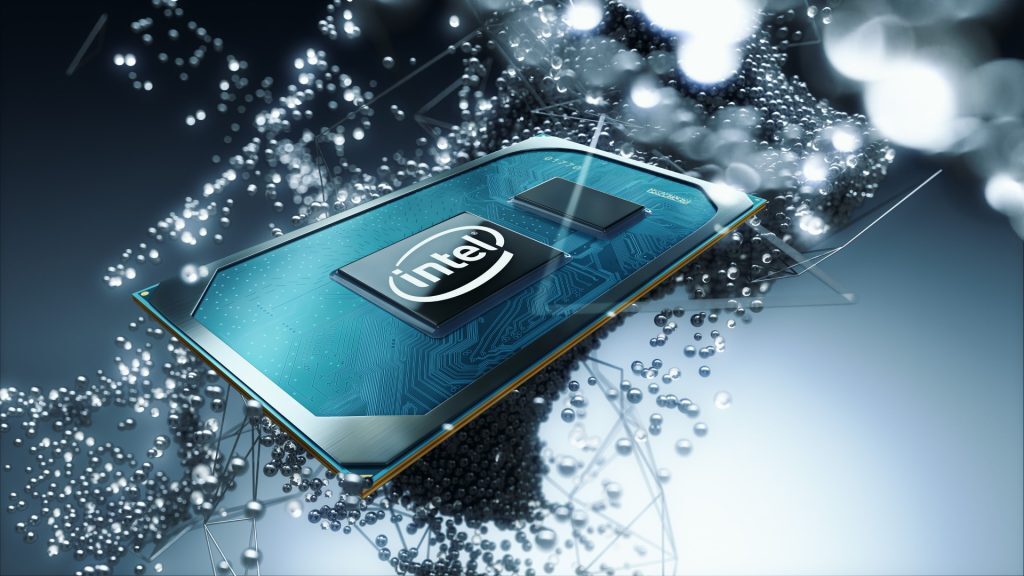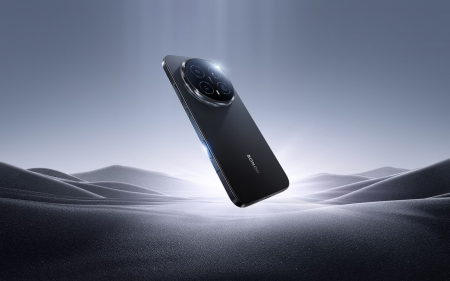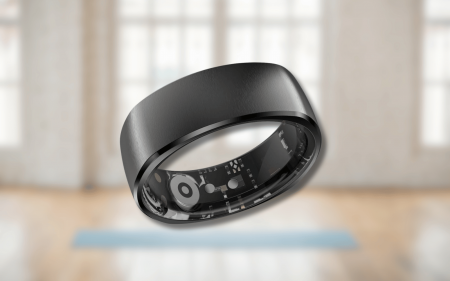Chip-maker Intel took it in the neck a little in 2020 when Apple announced that it was dropping Intel chips for that fancy new Apple Silicon M1 processor. And, at the time, Apple had it all its own way, what with all those facts and figures to back up their claims of increased power, improved battery life, and overall Intel-spanking performance.
Apple’s been enjoying its success for a bit but Intel has fired back, releasing a series of benchmarks for its new Core i7-1185G7 processor. The chip-maker claims to give Apple’s M1 processor quite a walloping, across most metrics. The Tiger Lake Core i7 is supposedly quicker across the board, features similar battery performance, and — of course — it also plays games.
Getting some Intel
 Intel’s tests show the company’s own chipset outstripping Apple’s ARM-based upstart in everything from Chrome web browsing to Office 365 tasks to Adobe tasks to AI, with games being a blowout (because Apple’s known for its PC gaming chips, naturally). Battery performance puts the two chips within six minutes of each other, and Intel also points out that there are more features supported by its hardware.
Intel’s tests show the company’s own chipset outstripping Apple’s ARM-based upstart in everything from Chrome web browsing to Office 365 tasks to Adobe tasks to AI, with games being a blowout (because Apple’s known for its PC gaming chips, naturally). Battery performance puts the two chips within six minutes of each other, and Intel also points out that there are more features supported by its hardware.
Features such as support for multiple monitors (they’ve got a point here), and a generally broader range of supported hardware. But there are concerns about how Intel did its testing. Some of the benchmarks are biased towards the company’s products and the hardware used to test, on both sides of the divide, were swapped without much regard for consistency. Just better results for the ones doing the testing.
Both PC World and Tom’s Hardware have performed an extensive dissection of the now-rival chip-maker’s claims, if you’d like to see the results run down point-by-point. But that the veteran feels the need to flex like this at all suggests that Apple’s M1 series of chips has the chip-maker feeling at least a little threatened. The tests also don’t really account for the performance boost that Apple users will see with an operating system (and software) written specifically for the M1 hardware — even if it has been noted that some software will be incompatible with Apple Silicon. That’s… sort of the point.
Source: PC World, Tom’s Hardware
Header image: Intel




